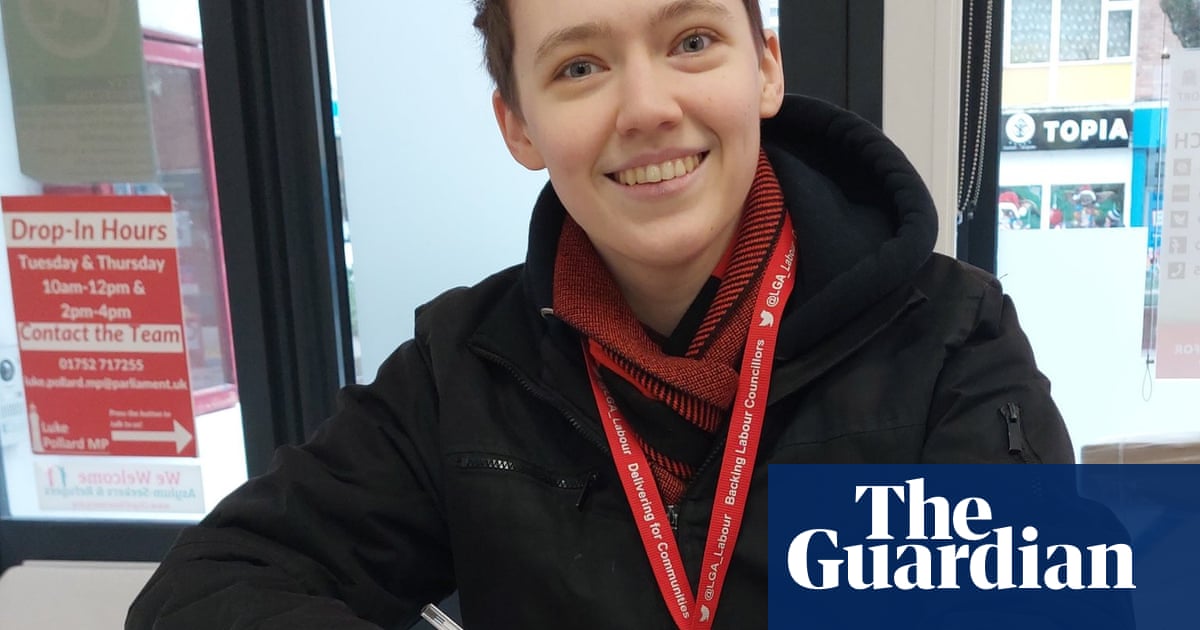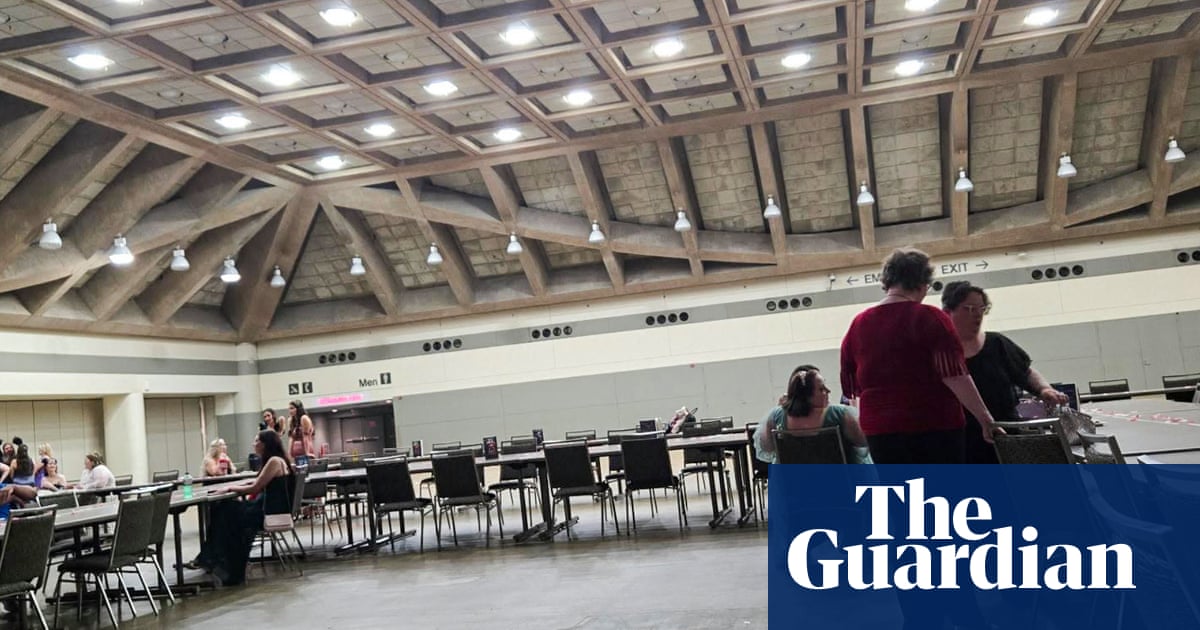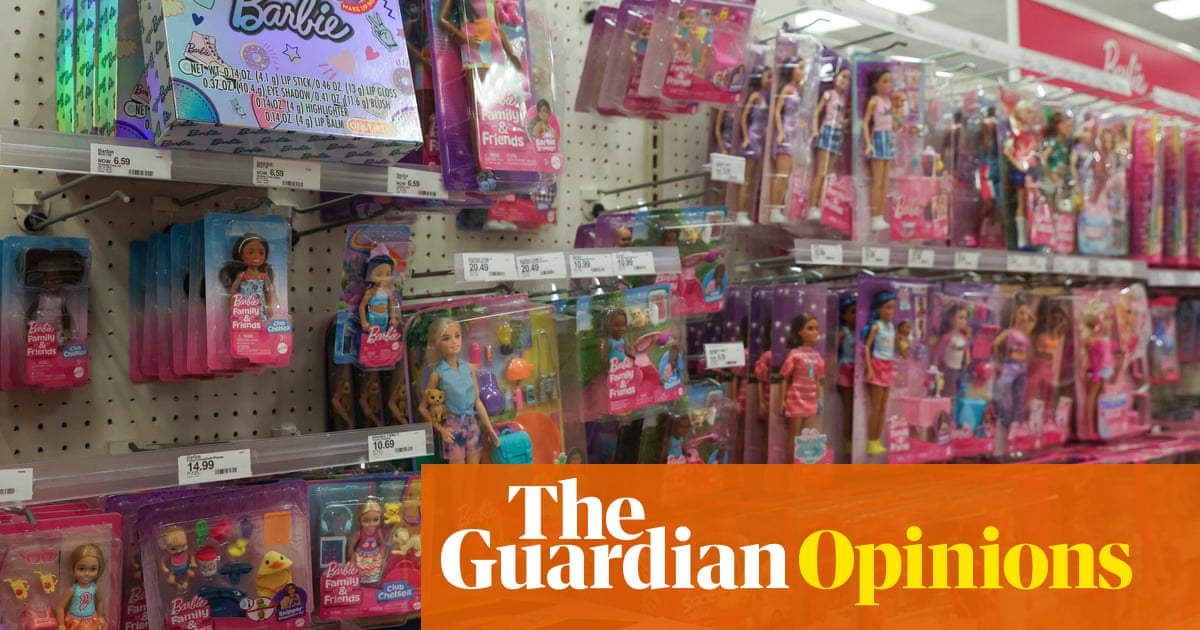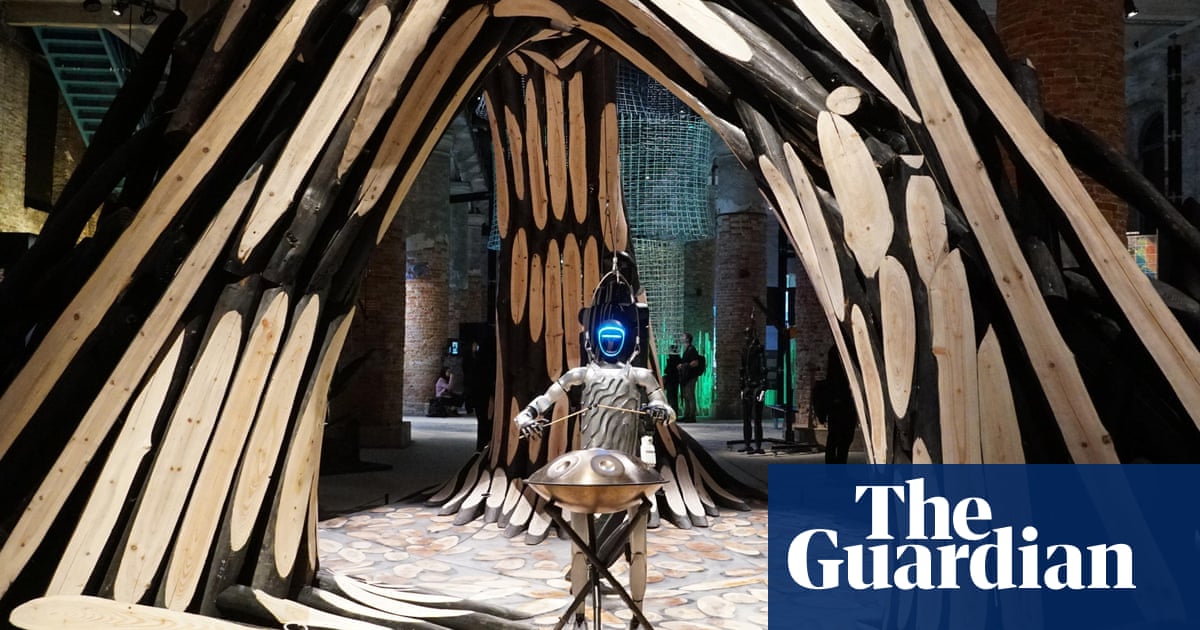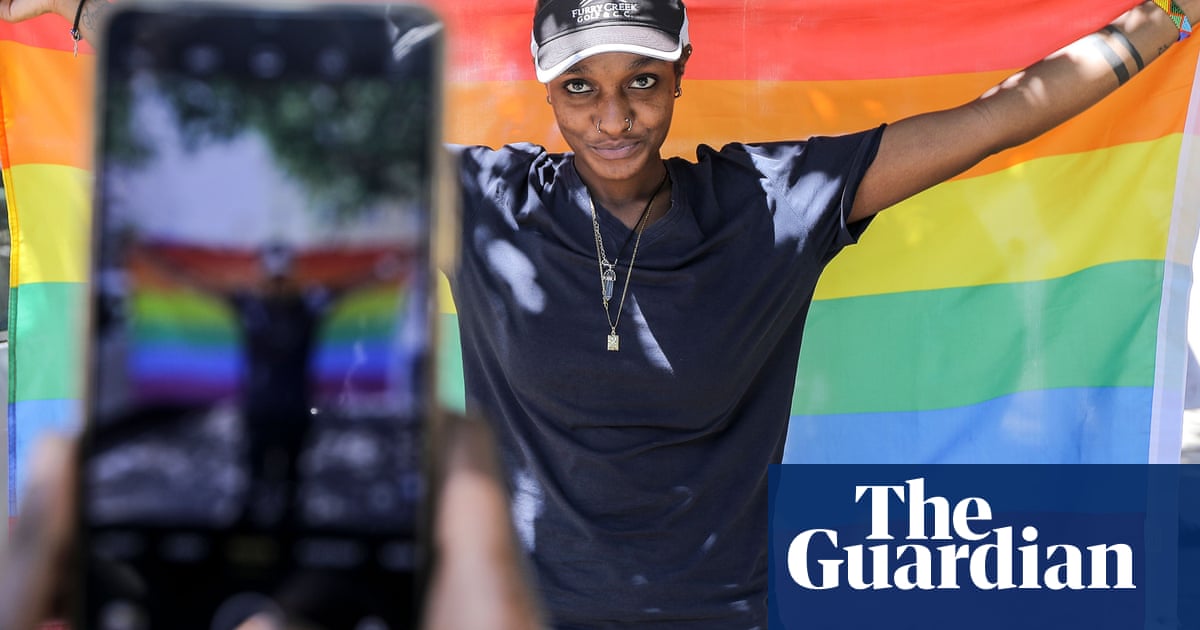Six months ago I lost my partner. We were lovers for 22 years. You are the first person I have told about this.
Our relationship was secret, because of his complex family situation. I totally loved everything about him, and I dreamed of a time when we could be openly together.
I’m absolutely lost now. I don’t think that I’m suicidal, but I feel that nothing matters any more.
I’ve tried to help at a charity that is connected to his work (we are both retired medical professionals), but I feel utterly worthless. Most days I stay in my flat avoiding people. We had several friends and colleagues in common, but, of course, I can’t talk to any of them.
It’s so painful to see photos of him in my phone and to see the presents he gave me. I have had counselling in the past following my young son’s death, but this feels more traumatic, because there are no family or friends to share this with.
How can I go on existing?
What an enormous amount of grief. I’m so sorry. To even begin to deal with such huge emotions you need to be able to process them, and to be able to process them you need to start talking about them. I’m glad you’ve come to me. I hope this is the start of you being able to bring details of your partner, and your relationship, more into the open with selected others.
I went to BACP- and UKCP- registered psychotherapist, and grief specialist, Mandy Gosling.
We felt the first thing that needed looking at was the “magical other” of your partner. To properly grieve for people they need to be seen as what they were – as humans. The reality is (and this may make you furious, but in a way: good) your partner hid you from his other family for two decades, now leaving you in a state where you can’t share this. Gosling and I thought the relationship, as you tell it, had a “childlike nature to it, based almost in non-reality and not in an adult ego state. It’s interesting you are trying to be close to him by volunteering, almost a childlike fantasy, almost like ‘smelling’ him.”
The process of grieving may start with looking at your childhood attachments – or lack of them – and why this is so painful, beyond the obvious. Who made you feel safe as a child? Have you ever learned how to do this for yourself as an adult?
There is also the enormous loss of your son (and you didn’t say when this happened, so it may also be recently, hence particularly raw) which has compounded this grief. “There is,” explained Gosling, “disfranchised grief here, the inability to mourn publicly, the inability to look at photos shows that mourning hasn’t happened, there is a stuck-ness to this.”
We’d like you to do more than simply exist. How you do this is by talking to others. It doesn’t have to be friends, although I do strongly recommend in time you let them in and tell them the truth. You don’t have to tell everyone, nor do you have to tell them everything, but you don’t have to protect your partner any more, only yourself. And friends can help you process this, they may even know more about it than you realise. Keeping this to yourself is making it very corrosive to you. You can also seek out a grief counsellor (cruse.org.uk).
after newsletter promotion
“What are your relationships like outside the circle that included your partner?” asks Gosling. “Did you attach to him after your son’s death and he became your support?”
“Try to find the glimmers of hope rather than the hopeless, they are there,” suggested Gosling. “Find small ways of building yourself up, maybe a supportive group, being in nature, a new pastime. It’s about finding ways to let the emotions surface and balance with restoration.” At the moment you are squashing them, and they won’t go away by themselves.
Processing grief takes time, it doesn’t mean letting him go. “You don’t feel this pain,” explains Gosling, “unless you have loved.” Awful though it feels now, that is something to be grateful for.
In the UK and Ireland, Samaritans can be contacted on freephone 116 123, or email [email protected] or [email protected]
Every week, Annalisa Barbieri addresses a personal problem sent in by a reader. If you would like advice from Annalisa, please send your problem to [email protected]. Annalisa regrets she cannot enter into personal correspondence. Submissions are subject to our terms and conditions.

 2 months ago
39
2 months ago
39
